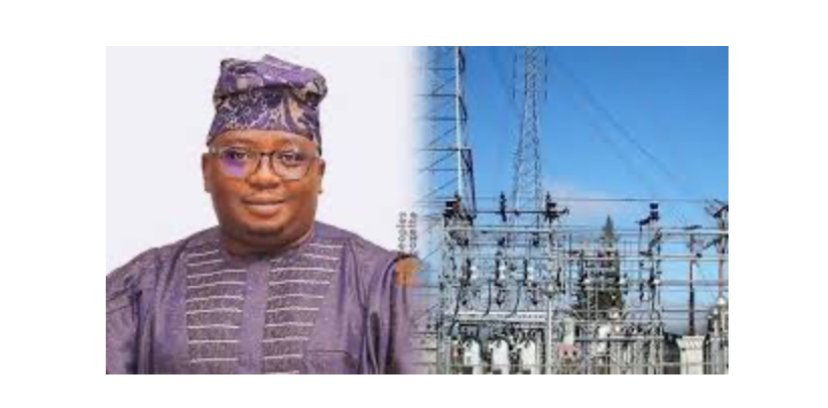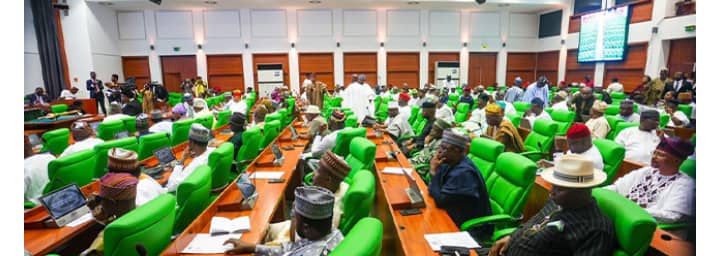Nigeria’s Power Sector on the Cusp of Transformation
The Minister of Power, Adebayo Adelabu, has assured Nigerians that a 24-hour electricity supply is within reach. Speaking at the inauguration of new facilities at the National Power Training Institute of Nigeria (NAPTIN), Adelabu expressed confidence that the country’s power sector is on the path to sustainability, with signs pointing to uninterrupted electricity supply in the near future .
Increased Power Generation:Nigeria has recorded its highest power generation and transmission in history, with an all-time peak of 5,801.44 MW and a maximum daily energy record of 128,370.75 MWh on March 4, 2025.
Investment in Infrastructure: The government has invested in transmission and distribution networks, including the Kwaru 1X15 MVA 33/11KV injection substation in Lagos, which will serve over 10,000 households and businesses.
Renewable Energy Push:The European Union has committed €100 million to a renewable energy package for Nigeria, expected to add 400 megawatts of clean energy to the national grid and benefit over five million Nigerians by 2027 .
Adelabu emphasized that the government’s efforts are yielding results, with recent improvements in power generation and transmission. He assured Nigerians that the administration is committed to achieving a full and uninterrupted electricity supply before President Bola Tinubu leaves office. The minister also highlighted the importance of electricity in driving economic growth, job creation, and development in critical sectors like education, health, and aviation .
With the government’s renewed focus on power sector reform, Nigeria is poised to overcome its long-standing challenges in electricity supply. As the country continues to invest in its power infrastructure and explore new opportunities for sustainable energy, the prospect of 24/7 power supply is becoming increasingly realistic .






